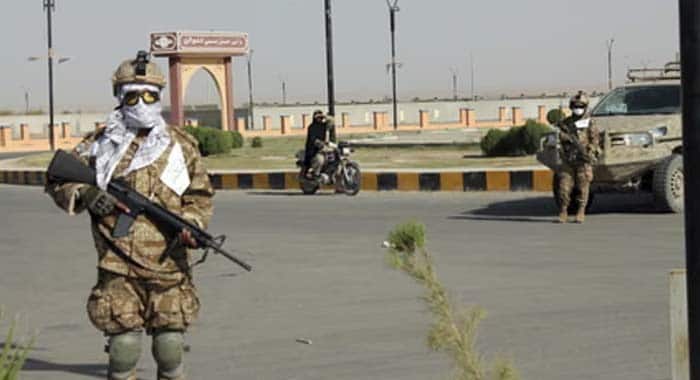The Taliban’s hold on Afghanistan showed fresh signs of strain on Saturday as seven of the group’s provincial governors, meeting under orders from their reclusive leader and chaired by his close confidant Mullah Shirin, grappled with growing armed resistance, internal purges, and concerns over foreign influence, sources familiar with the closed-door discussions confirmed.
The meeting, held at Shirin’s office, brought together Taliban governors from Balkh, Nangarhar, Kabul, Kunduz, Herat, and Paktia. According to three informed sources, the agenda underscored the regime’s deepening insecurities: a surge in opposition activities compared to past years, the downsizing of Taliban ranks by shedding “nonessential” fighters, the repatriation of Taliban families living abroad, and measures to prevent damaging leaks of sensitive security incidents.
Taliban officials at the gathering openly acknowledged the mounting pressure. Mohammad Yousuf Wafa, the governor for Balkh, admitted that armed groups in the north remain sporadically active but claimed suppression efforts were underway and border authorities had been instructed to tighten controls.
The Herat governor, however, sounded a more urgent note, warning of Iran’s growing political leverage through Afghan refugees and cautioning that further increases in their numbers could carry serious consequences.
Other governors present conceded that armed opposition against the Taliban had expanded in recent months, demanding heightened readiness and reinforcement of border forces as resistance activity inside and outside Afghanistan gained momentum.
The fact that the meeting was chaired not by Taliban leader Hibatullah Akhundzada, but by his aide Mullah Shirin, has drawn attention from observers who see it as evidence of Shirin’s rising influence and the shifting balance of power within the Taliban’s inner circle.
Since the fall of Kabul in August 2021, the Taliban have faced an array of challenges: armed resistance spearheaded by the National Resistance Front, a string of high-casualty attacks by the ISIS affiliate in Afghanistan, ISIS-K, and persistent concerns from regional powers including Pakistan and Iran about Afghanistan’s role as a sanctuary for cross-border militancy.
Analysts say the Herat meeting underscores not strength but anxiety within the Taliban ranks. Far from consolidating power, the regime appears increasingly preoccupied with insurgent threats, foreign influence, and internal fractures — a portrait of a movement that, despite its iron-fisted rule, remains haunted by insecurity and resistance.





